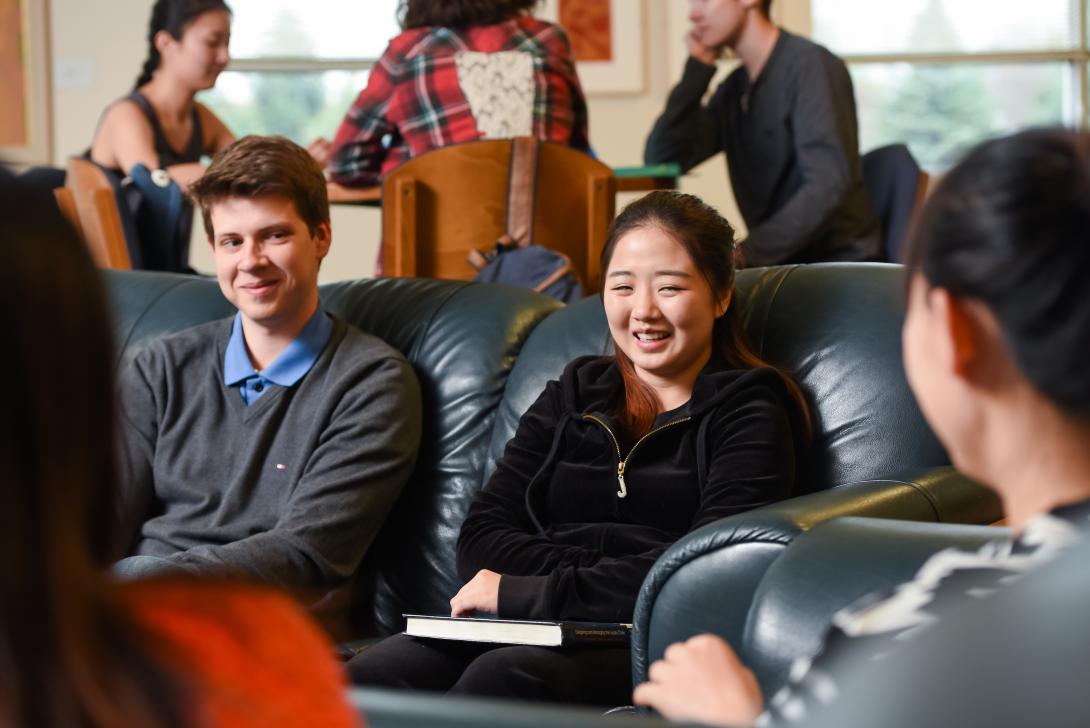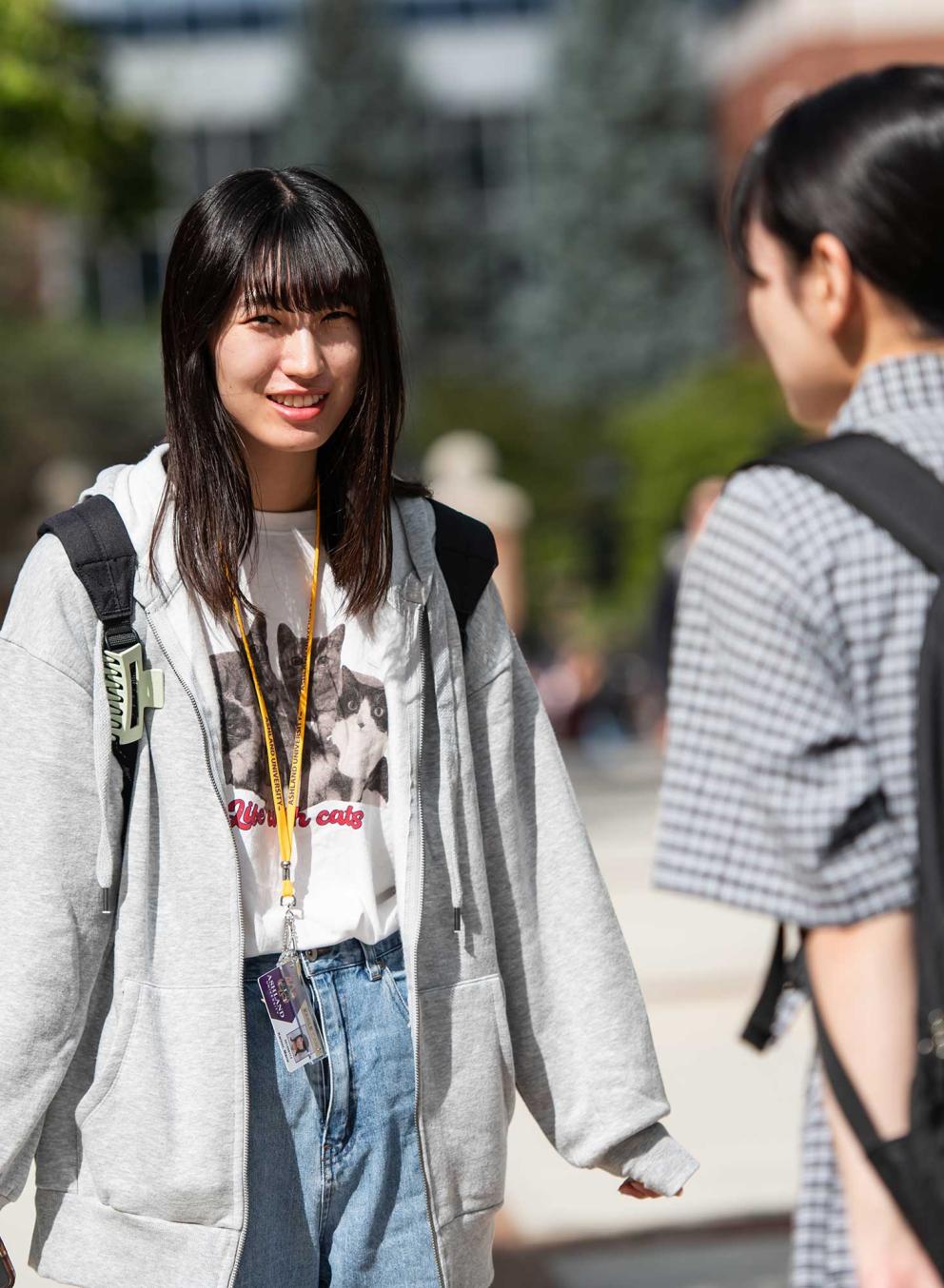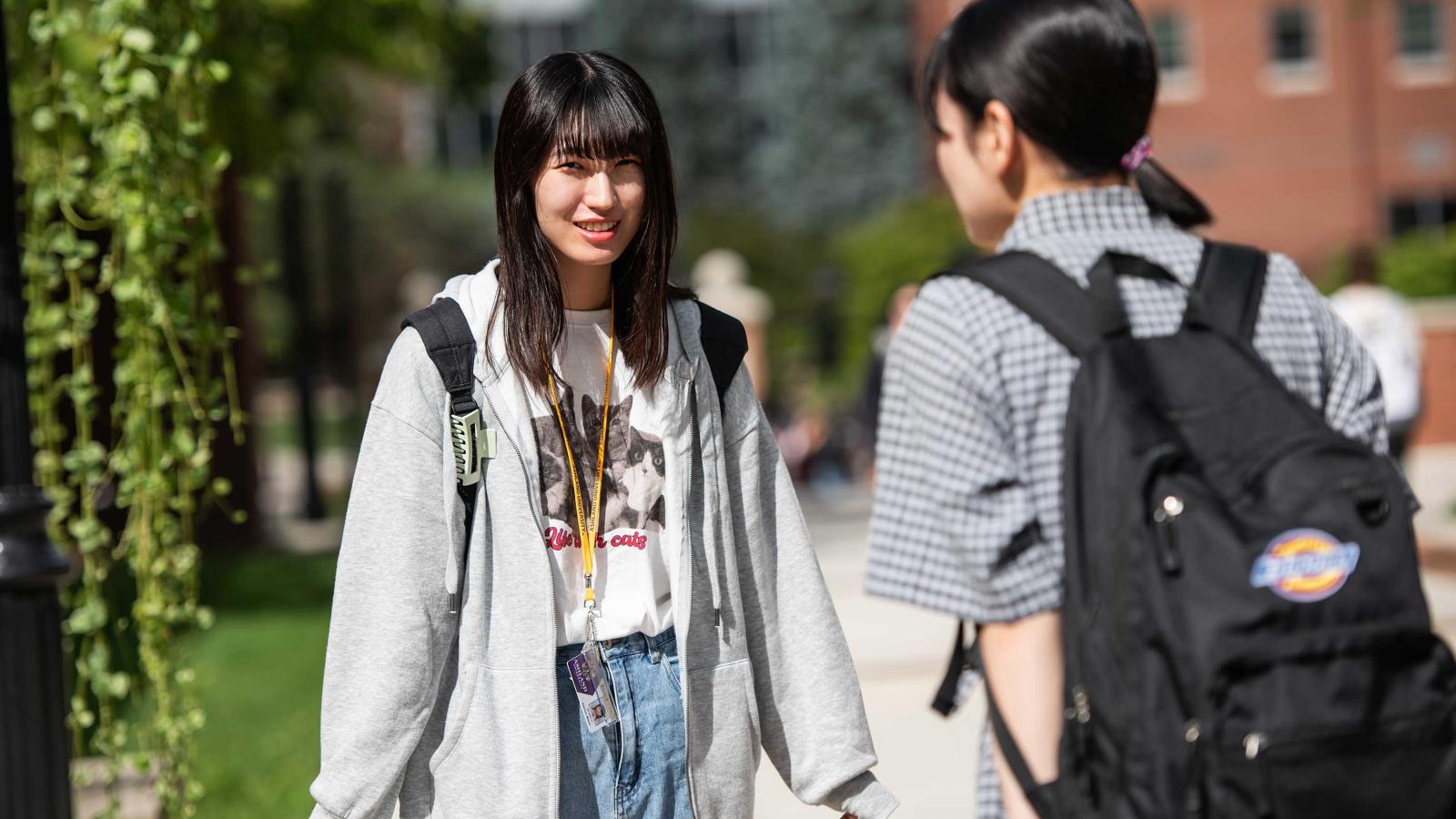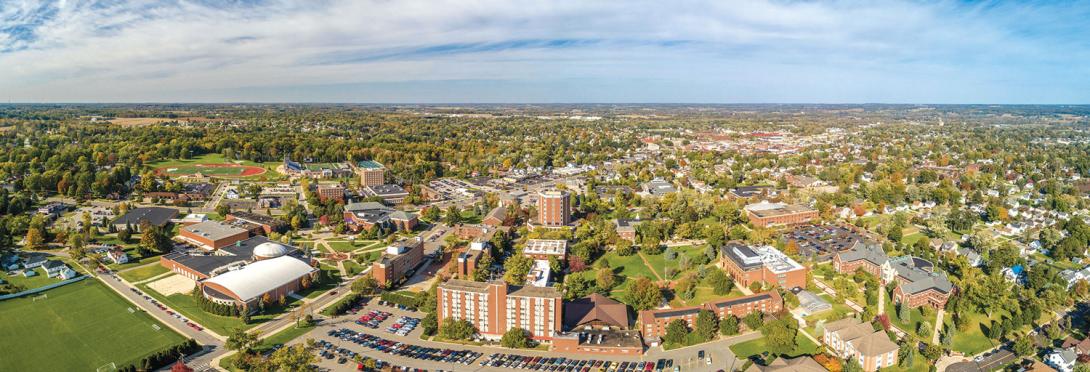Welcome, we’re excited that you’re considering studying in the United States at Ashland University! There are many reasons to choose Ashland University for your degree:
- U.S. News & World Report named Ashland University as a “Best College” and “Best Value School” in 2022.
- Ashland University is ranked as a Best Value School, which factors academic quality and net cost of attendance by U.S. News & World Report.
- Ashland University is one of the most affordable private schools in the country.
- More than 60 undergraduate academic programs
- Our master’s degree programs do not require a GRE or GMAT entrance exam
- Ashland offers conditional admission and an Intensive English Program for students who have low or no English proficiency exam scores.
- Small classes - 13:1 student-faculty ratio.
- Ashland is located within an hour of the largest cities in Ohio - Cleveland and Columbus. The campus is also within a day's drive of many of the great cities of the United States.
Tell us a little bit about yourself and we’ll follow up with information.
Find Your Academic Program
Browse or search our programs to find the one that’s right for you.

Take a Virtual Tour
Steps to Apply
Submit Transcripts
Submit transcripts and any other required documents for your program. No GRE or GMAT scores are needed for AU graduate programs!
On average, it takes 10-14 business days for an admission decision once we have all required documents.
Submit Documents
After admission, submit your passport and financial support documents.
Pay your $1,000 USD enrollment deposit (only refundable if your visa is denied and you submit proof of denial prior to the start of classes)
On average, it takes five to seven business days to issue your I-20.
Frequently Asked Questions
Admissions FAQs
Financial Aid FAQs
General FAQs
English Proficiency Requirements
| English Proficiency Assessment | Undergraduate Programs | Graduate Programs | Nursing & Doctorate Level Programs |
|---|---|---|---|
| TOEFL | 67 | 79 | 84 |
| IELTS | 6.0 | 6.5 | 7.0 |
| PTEA | 50 | 55 | 59 |
| DET | 95 | 105 | 115 |
Medium of Instruction is not an acceptable English proficiency waiver


